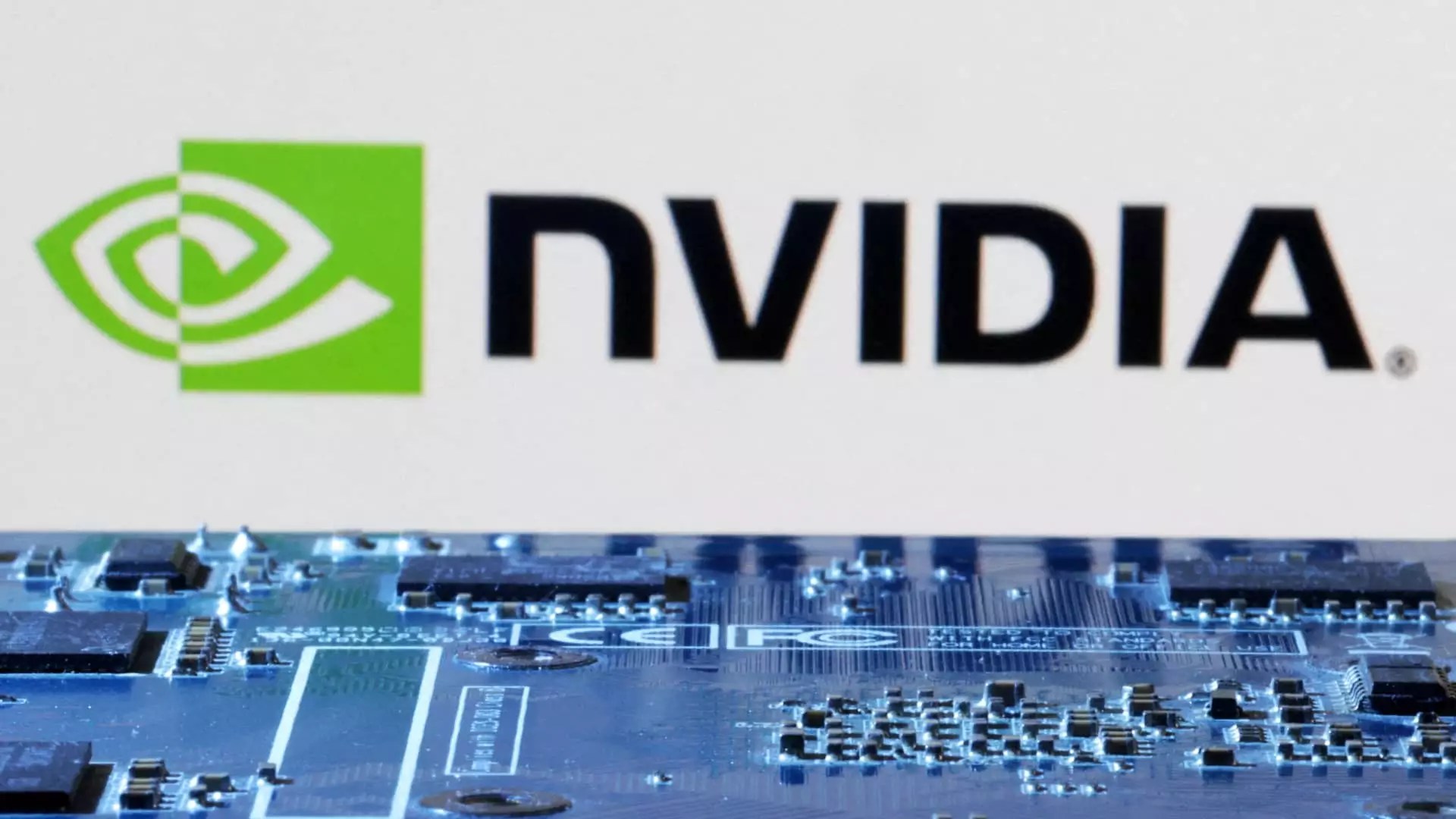The evolving landscape of the stock market continuously invites varied strategies and assessments from Wall Street analysts. As investors are always on the lookout for informed guidance, the recent evaluations from prominent financial firms reveal both opportunities and warnings in the world of investing. This article aims to dissect some key calls on stocks from leading firms, providing insights into where the market is headed and what stocks may present engaging prospects or risks.
Two semiconductor giants, NXP Semiconductor and On Semiconductor, have garnered attention with Loop Capital initiating coverage at a “Buy” rating. Loop’s analysts underscore their optimism for both companies, influenced by recent trends in inventory management within the automotive sector. Since late 2023, there has been a notable trend of automotive tier-one suppliers reducing their inventory days. This decrease has led to a pessimistic outlook commonly termed as “consensus short” among semiconductor stocks. However, Loop identifies NXP and On Semiconductor as undervalued and poised for recovery, pointing toward potential growth as automotive production stabilizes.
Furthermore, this highlights a key element of strategic foresight in investing—assessing foundational industry changes. The automotive sector’s growing reliance on semiconductors amid a shift toward electrification and advanced technological integrations makes these companies prime candidates for future growth.
Mizuho’s continued endorsement of Nvidia as a “Buy” reflects the firm’s confidence in the tech titan’s ongoing performance, especially as earnings await on November 20. The firm is increasing its price target to $165, indicating robust future earnings potential. Mizuho’s declaration of Nvidia as its top pick reinforces the company’s significant role within the artificial intelligence (AI) accelerator market, further auguring well for investors.
Notably, the initiation of Nvidia coverage by Redburn Atlantic Equities, citing its “competitive moat,” adds credence to the argument for Nvidia’s sustained leadership. The firm emphasizes Nvidia’s expansive user base of graphics processing units (GPUs) and superior software infrastructure—key drivers of its competitive edge in the tech industry.
Morgan Stanley’s rating adjustments offer a window into the retail sector’s dynamics. Upgrading Walmart to an “Overweight” and adjusting its price target illustrates confidence driven by its continued penetration into higher-income markets and the efficacy of its eCommerce strategies. Additionally, other firms are weighing in on the retail sector’s performance. In contrast, Citi’s downgrade of Ross Stores to “Neutral” underscores the complexities within the off-price retail space, attributed to management transitions and fluctuating consumer sentiment.
Such differing opinions on retail stocks showcase the multifaceted influences affecting this sector—from operational changes to consumer behavior shifts—making it imperative for investors to remain vigilant.
The tech and biotech sectors remain hotspots for investor interest. Bank of America’s retention of its “Buy” position on Apple, coupled with its forecast of revenue growth in its Mac segment, showcases confidence in the tech giant’s future. Meanwhile, Leerink’s upgrade of Bristol Myers strengthens the narrative of promising biopharmaceutical advancements, particularly highlighting the potential of its product pipeline.
The juxtaposition of mature tech companies and fast-evolving biotech firms presents an exciting landscape. Investors should consider the inherent risks and returns associated with each.
Deutsche Bank’s upgrade of SentinelOne from “Hold” to “Buy” points to growing optimism in the cybersecurity sector. As cyber threats continue to evolve, companies like SentinelOne that demonstrate resilience and adaptive strategies are likely to be pivotal in the ongoing digital transformation narratives.
On the other hand, the downgrade of Okta to “Hold” emphasizes caution. While their technology is vital, the assessment of lagging performance indicates a need to reassess the potential returns on investment. This reflects a crucial lesson in investing: staying informed about market realities can help pivot strategies as new information arises.
With numerous strategic calls from influential firms, the market presents both fertile ground for investment opportunities and cautionary tales. From semiconductor stocks gaining traction due to automotive industry shifts to retail giants adapting to new consumer profiles, the landscape is vast and varied.
As analysts reiterate their ratings on established companies while refreshing perspectives on emerging tech and biotech firms, it becomes evident that a balanced approach—leveraging the insights of market experts while considering individual risk tolerances—is essential for navigating today’s investment environment. Investors must remain proactive and receptive to changes, ensuring informed decisions that capitalize on growth while being wary of inherent risks in volatile sectors.


Leave a Reply